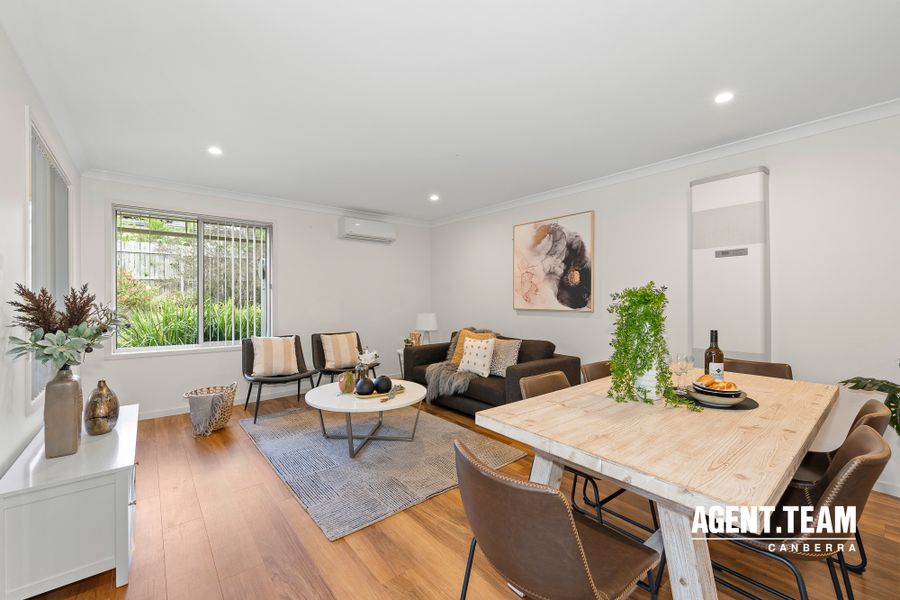
Homebuyers are always on the lookout for a great deal, and the old saying, “buy the worst home on the best street,” suggests that fixer-uppers can be a smart investment. While getting the most value for your money is important, what about distressed properties? Are they really the best value on the market?
Before you jump into purchasing a distressed property, it’s essential to understand what “distressed” means. While many associate distressed homes with major repairs, the term actually refers to the seller’s financial situation, such as a foreclosure or short sale, rather than the home's physical condition. However, the home may still come with its own set of challenges—deferred maintenance, outdated systems, or other issues that a financially distressed seller isn’t able to address.
What to Consider with Distressed Properties
-
Financial Distress: A distressed sale usually means the seller is in financial trouble and looking to offload the property quickly, which can lead to homes being listed below market value.
-
Condition of the Home: Although the seller may be in financial distress, it doesn’t necessarily mean the home is a wreck. That said, many distressed homes are sold "as is," and the seller is unlikely to make repairs before the sale. It’s critical to review all disclosures carefully, as the seller is still responsible for disclosing any known issues.
-
Advantages of Buying a Distressed Home: The main appeal of distressed properties is that they’re often priced lower than comparable homes in the area. If you’re handy or willing to take on a renovation project, buying a distressed home could save you thousands, making it a potentially great investment.
Proceed with Caution
Buying a distressed property isn’t without risks. These homes may have significant repairs that could quickly add up in cost. A thorough home inspection is a must, giving you a full picture of what you're taking on. If the cost of repairs is too high or the work is beyond your skill set, the savings may quickly disappear, making it worth considering a more expensive, move-in-ready home instead.
In the end, it’s all about knowing what you’re getting into. With careful planning, a distressed property could be the bargain you’re looking for. But without proper due diligence, it could turn into a bigger project—and a bigger expense—than anticipated. Make sure you're fully informed before making the purchase, so the home will be the investment you hoped for.
-
about 1 month agoSmart Saving: How to Own Your Home by Your Late 20s
-
about 1 month agoTips to Help You Secure the Best Price When Selling Your Property
-
about 1 month agoOutline of the 8 Key Additional Expenses When Buying a Property












